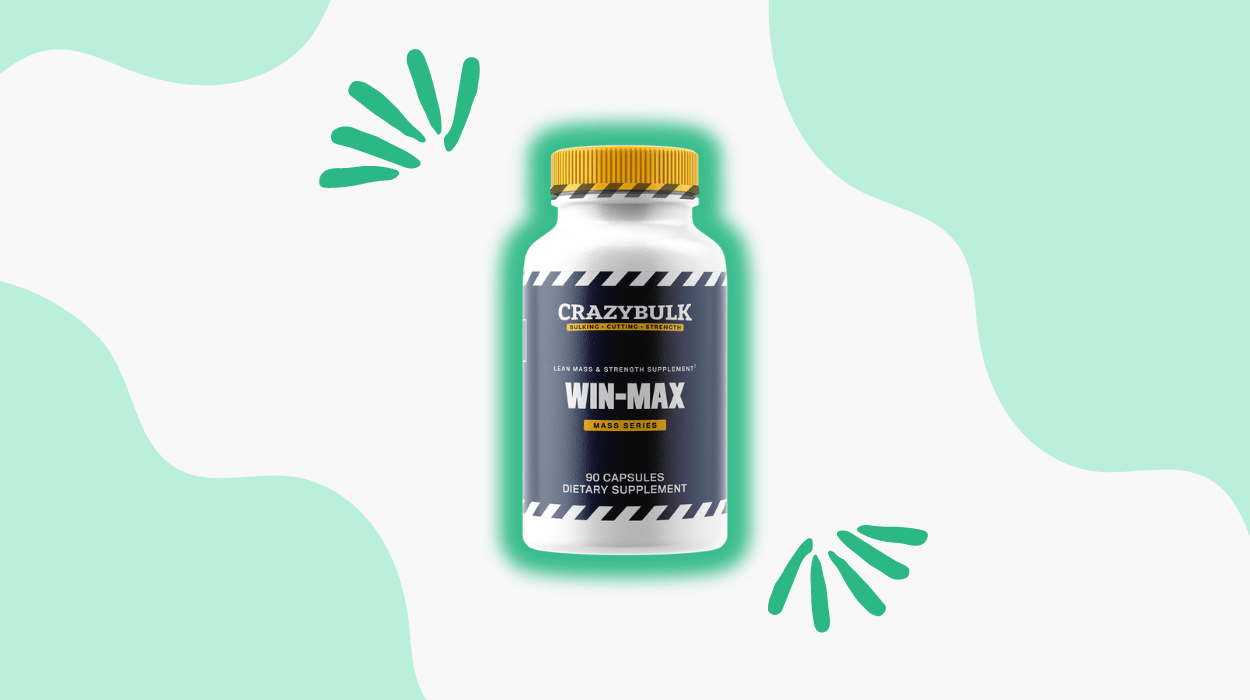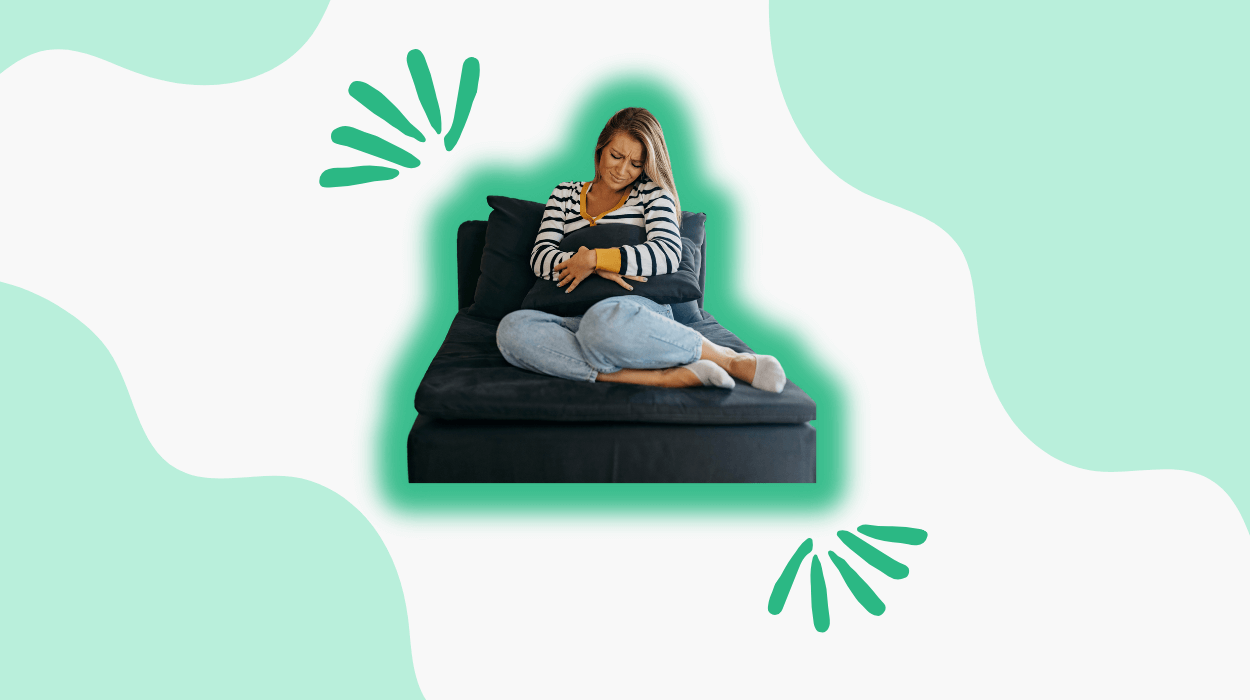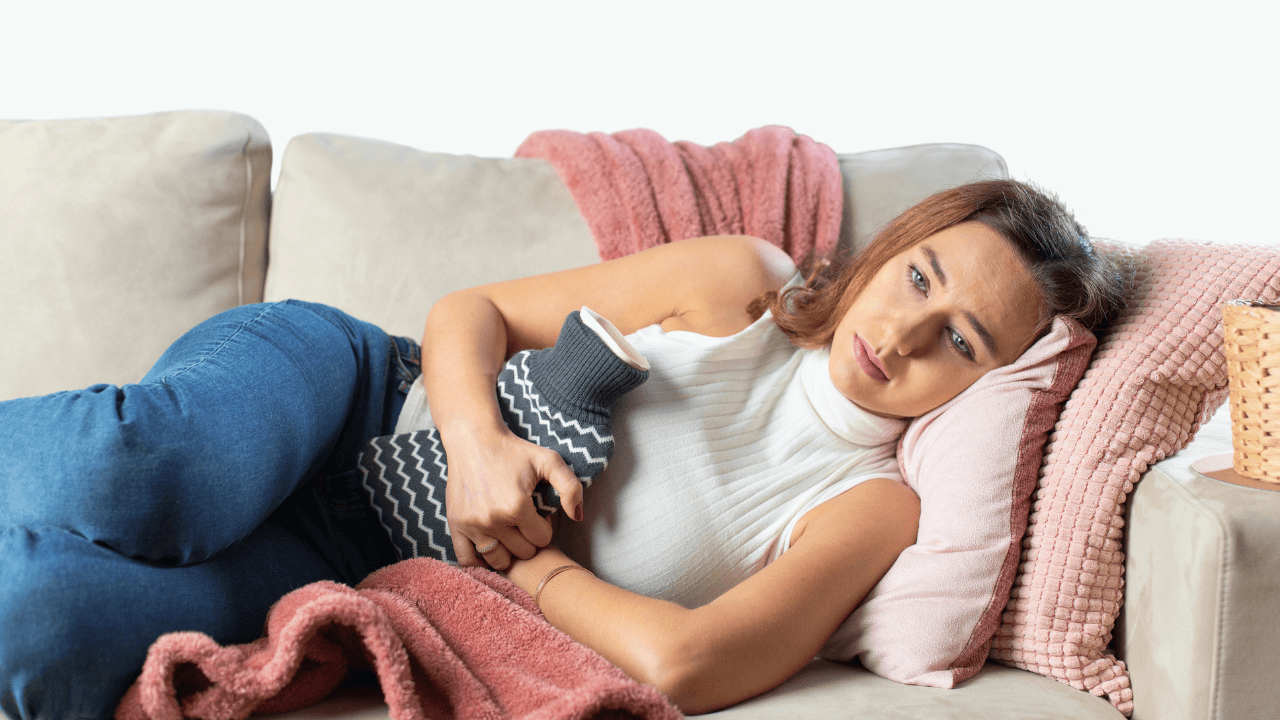

Menstruating women undergo significant hormonal fluctuations before their periods. It could be accompanied by troublesome symptoms such as fatigue, muscle pain, bloating, weight gain, and even anxiety.
Hormonal fluctuations, especially in the progesterone and estrogen hormones, characterize the luteal phase of the menstrual cycle. These fluctuations may arise as ovulation begins and could induce mood changes, social withdrawal, and anxiety.
Anxiety before a period could be indicative of premenstrual dysphoric disorder (PMDD) or premenstrual syndrome (PMS). These conditions can significantly impact the emotional well-being and daily functioning of women affected by them.
Distinguishing between PMDD and PME is essential for accurate diagnosis of anxiety before periods. Fortunately, there are medical treatments available and lifestyle changes that can help manage anxiety before period.
PMDD and PME (premenstrual exacerbation) are similar yet distinct conditions.
PMDD, or Premenstrual Dysphoric Disorder, involves severe physical and emotional symptoms experienced by approximately 5% of women during their menstrual cycle. The bothersome symptoms might subside after a few days from the onset of the period.
Hormonal fluctuations, like changed serotonin levels during menstruation, might lead to PMDD. It may be recognized by signs like depressive mood, feeling overwhelmed, severe mood swings, social withdrawal, and extreme tiredness or low energy levels.
PME (premenstrual exacerbation) refers to the worsening of signs of pre-existing mental health concerns, such as generalized anxiety disorder, during the luteal phase.
Other conditions like schizophrenia, major depressive disorder, eating disorders, suicidal tendencies, or seizures may also prompt PME.

Accurate diagnosis is required for effective treatment and care to address the specific needs associated with PMDD and PME.
PMS (premenstrual syndrome) affects nearly 30–80% of women with periods, with symptoms ranging from irritability and fatigue to changes in appetite and mood swings.
The severity of PMS symptoms may vary as some women may not encounter any PMS symptoms. However, some women may experience severe PMS symptoms that may indicate the presence of PMDD.
Here is a breakdown of the common symptoms associated with PMS:
| Psychological Symptoms | Physical Symptoms | Other Symptoms |
|---|---|---|
| Irritability | Swollen and tender breasts | Difficulty with memory or concentration |
| Fatigue | Constipation or diarrhea | Sleeping too much or too little |
| Changes in appetite | Cramping | Loss of interest in sex |
| Mood swings | Bloating | Headaches |
| Loss of interest in sex | Headaches | Backaches |
| Difficulties with memory or concentration | A lower tolerance for light or noise |
Researchers have yet to fully fathom the exact reasons behind the development of Premenstrual Dysphoric Disorder (PMDD). It is a more severe condition, sharing similarities with PMS.
The Office on Women’s Health (OWH) suggests that serotonin levels, which change throughout the menstrual cycle, may play a part. They believe that serotonin fluctuations may induce anxiety and persistent depressive disorder symptoms, typically associated with PMDD.
Other symptoms of PMDD may include severe irritability and anger, increased sensitivity to rejection, sudden tearfulness, food cravings or binge eating, and feelings of sadness/despair.
The complexity of PMDD necessitates a comprehensive approach to diagnosis. It may involve a thorough evaluation of symptoms, potential hormonal imbalances, and psychological well-being.
Periods are marked by fluctuating hormone levels, especially estrogen and progesterone. These hormones could impact neurotransmitters like serotonin and dopamine in the brain. Such a mechanism may disrupt mood and induce anxiety before a period.
Stress, lifestyle factors, and individual differences in coping mechanisms are some psychological factors that might lead to anxiety development before a period.
For some women, the anticipation of physical discomfort or negative mood changes during their period could trigger anxiety symptoms. They may be more biologically sensitive to hormonal changes that might worsen anxiety symptoms during the premenstrual phase.
Managing anxiety and other signs of premenstrual syndrome may encompass lifestyle adjustments and self-care practices. These strategies aim to improve overall well-being and reduce the impact of anxiety before a period.
Here are some effective home treatments:
If home-based strategies fail to provide relief, you can try medical interventions for managing anxiety and period discomfort.
Hormonal birth control may regulate hormone levels, potentially alleviating symptoms like anxiety. SSRIs (commonly used as antidepressants) could help manage anxiety symptoms associated with PMDD.
Anti-anxiety medications may also be prescribed to help women cope with severe anxiety episodes during the premenstrual phase.
Benzodiazepines like alprazolam are fast-acting medications that can provide relief from acute anxiety symptoms. Light therapy might help uplift mood by exposure to specific wavelengths of light.
Hormone intervention using gonadotropin-releasing hormone agonists may be considered for severe cases where other treatments have not been effective.
Also Check: Does Caffeine Cause Anxiety?
Some women may find anxiety relief through self-care measures. However, persistent or severe anxiety before a period may require professional intervention to ensure proper management and support.
| Scenario | Action |
|---|---|
| Home remedies are ineffective | Consult a mental healthcare professional for further evaluation and treatment options |
| Daily life and activities are greatly affected | Seek guidance from a doctor to address the impact of anxiety symptoms |
| Symptoms worsen | Contact a healthcare provider to reassess the treatment plan |
During the premenstrual phase, women may not have complete control over preventing anxiety triggered by PMS. However, they can take steps to mitigate symptoms by addressing factors such as sleep patterns and stressors.
Having some anxiety a week or two before your period is a normal occurrence. However, if the anxiety forbids you from carrying on daily tasks, induces overthinking, and severely impacts mental well-being, consult a mental health professional.
Pre-existing health conditions like depression, premenstrual syndrome, or premenstrual exacerbation might put you at an increased risk of developing premenstrual anxiety.
Coping mechanisms against premenstrual anxiety may include anti-anxiety medications, lifestyle modifications, cognitive behavioral therapy, or light therapy. Engaging in meditation, aerobic exercises, and relaxation techniques could also help prevent anxiety before a period.
Tyler Read earned an undergraduate academic degree from Sonoma State University, California and is a certified personal trainer (CPT) with NASM (National Academy of Sports Medicine). With over 16 years of experience, Tyler has trained clients both online and in-person.
He is passionate about helping others turn their love for fitness into a career. Tyler has worked with many local and commercial gyms before establishing his successful private personal training business, which he continues to operate.
